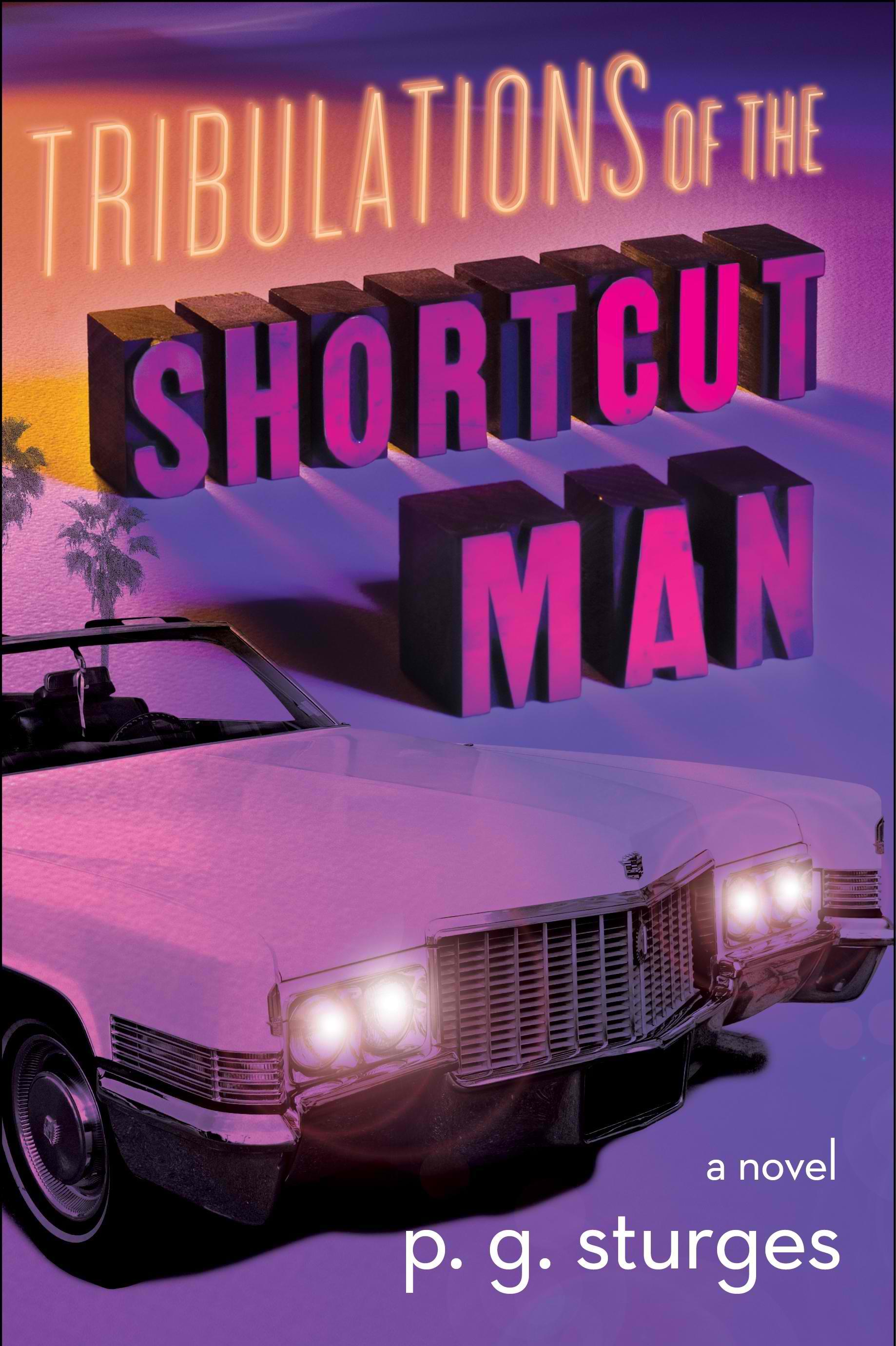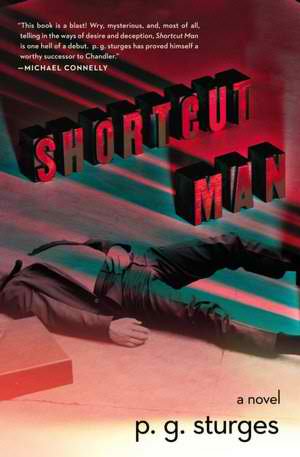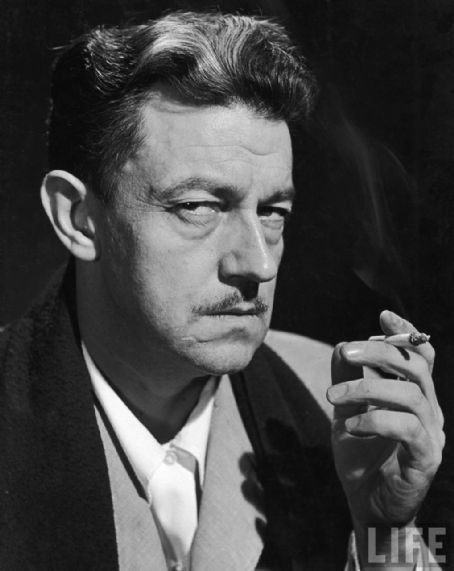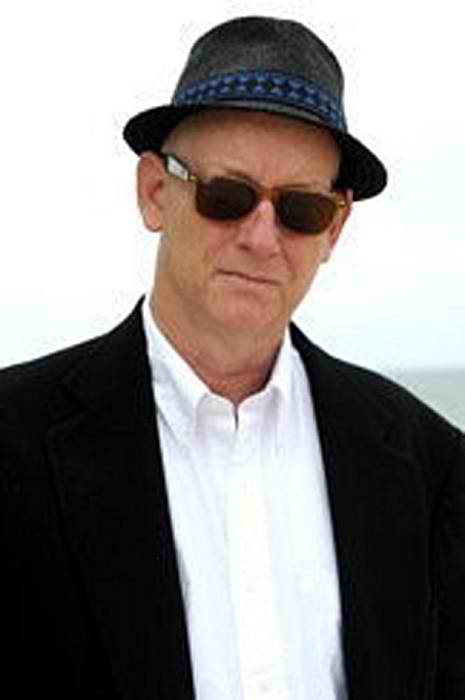STURGES TOPS THE TOPPER WITH SHORTCUT MAN 2

 The late Leo McCarey is remembered by most film buffs today for his imitation Capra-corn, The Bells of St. Mary’s and Going My Way starring everyone’s favorite likeable cad, Bing Crosby as the sort of priest you’d find in a parish where the nuns looked like Ingrid Bergman. Turn back the clock a few more decades and McCarey was the finest comedy director in Hollywood capturing the very best performances from Laurel & Hardy, an aging Harold Lloyd, and the Marx Brothers in their prime (when Zeppo was still part of the act). McCarey patented the chain reaction gag which tasked the comedy filmmaker with finding a way to consistently “top the topper.”
The late Leo McCarey is remembered by most film buffs today for his imitation Capra-corn, The Bells of St. Mary’s and Going My Way starring everyone’s favorite likeable cad, Bing Crosby as the sort of priest you’d find in a parish where the nuns looked like Ingrid Bergman. Turn back the clock a few more decades and McCarey was the finest comedy director in Hollywood capturing the very best performances from Laurel & Hardy, an aging Harold Lloyd, and the Marx Brothers in their prime (when Zeppo was still part of the act). McCarey patented the chain reaction gag which tasked the comedy filmmaker with finding a way to consistently “top the topper.”
That was no mean feat. Once you get your biggest belly-laugh from the audience and then set out to find an even bigger laugh, you’re laying the groundwork for disappointment. Quite simply, no one can be that funny all the time. Yet McCarey managed it time and again and so did several other comedy directors who followed in his wake like Howard Hawks, a young Frank Capra (before sentimentality robbed him of his comic timing), Preston Sturges, and Billy Wilder. Very few others have managed to scale those same dizzying heights since Hollywood’s Golden Age and the lost art of the chain reaction gag is one of the measures by which one may easily separate modern and classic comedy. Comedy, in its purest form, allows us to break the pain barrier and laugh.
Such ruminations on the art of comedy are entirely appropriate when discussing P. G. Sturges, a new talent who arrived on the literary scene last year with The Shortcut Man. It was easily my favorite book of 2011. It had everything going for it: a hardboiled mystery mixed with high farce, a keen ear for dialogue, and an even sharper wit in laying bare personal and cultural failings in modern society. Any book that makes the reader think, consistently laugh, and still keeps them riveted to discover the next twist the story will take is exceptional.

 Sturges arrived with an unfortunate handicap. He’s the son of a legend (albeit a legend whose work threatens to pass into obscurity in a world that considers works produced more than 35 years ago to be either antiquated or in dire need of “rebooting”) and he chooses to work in a form that is likewise considered ready for mothballs unless it comes in the form of a Frank Miller graphic novel. As a consequence, it is nearly impossible to consider Sturges’ work without comparing him to his father or earlier hardboiled farceurs such as Donald Westlake or Elmore Leonard.
Sturges arrived with an unfortunate handicap. He’s the son of a legend (albeit a legend whose work threatens to pass into obscurity in a world that considers works produced more than 35 years ago to be either antiquated or in dire need of “rebooting”) and he chooses to work in a form that is likewise considered ready for mothballs unless it comes in the form of a Frank Miller graphic novel. As a consequence, it is nearly impossible to consider Sturges’ work without comparing him to his father or earlier hardboiled farceurs such as Donald Westlake or Elmore Leonard.
Happily, Sturges can stand such comparisons because he really is in the same league as far as talent and his ability to deliver on it is concerned. More importantly, with his newly-published second novel, Tribulations of the Shorcut Man, Sturges succeeds in “topping the topper” and delivering a book that is even stronger than his impressive debut. For the uninitiated, Sturges’ hero/alter-ego, Dick Henry is the titular shortcut man. He makes like a private eye much of the time, but he’s really nothing of the sort. He’s the guy you call when you’ve got a problem that the authorities can’t or won’t help you resolve. He’s a fixer equally at home with his fists as his wits. He’s also a wiseacre and a blues aficionado. The wisecracks and the melancholy music highlight his nature. Dick Henry tries hard to not wear his heart on his sleeve. He’s a good guy who wants to be a tough guy. He’s a moral guy doing an amoral job in an immoral world. His shortcuts usually save other characters and frequently doom himself, but he is unquestionably the guy who can get the job done.

 Sturges cleverly cuts across social and racial lines while illustrating chemical and sexual addiction and the havoc they wreck on an individual’s relationships and their mental and physical well-being. These themes coalesce in intertwined stories of justice demanding to be done beneath layers of past sins that obscure the characters’ vision of themselves and their world. The book takes no prisoners. Sturges’ cast of washed-up teen idols, child actors, and primetime soap stars are such obvious caricatures you’d think he was writing poison pen letters to former stars of The Partridge Family and Dallas, but it quickly becomes apparent that he’s less interested in specific targets than he is in the universality of their failings. He makes the snobbery of one junkie looking down on another both funny and tragic at the same time. The book succeeds so well because only Dick Henry and the author’s narrative voice are self-aware, everyone else is too lost in worrying about where their next rush is coming from to see the warning lights in their own lives.
Sturges cleverly cuts across social and racial lines while illustrating chemical and sexual addiction and the havoc they wreck on an individual’s relationships and their mental and physical well-being. These themes coalesce in intertwined stories of justice demanding to be done beneath layers of past sins that obscure the characters’ vision of themselves and their world. The book takes no prisoners. Sturges’ cast of washed-up teen idols, child actors, and primetime soap stars are such obvious caricatures you’d think he was writing poison pen letters to former stars of The Partridge Family and Dallas, but it quickly becomes apparent that he’s less interested in specific targets than he is in the universality of their failings. He makes the snobbery of one junkie looking down on another both funny and tragic at the same time. The book succeeds so well because only Dick Henry and the author’s narrative voice are self-aware, everyone else is too lost in worrying about where their next rush is coming from to see the warning lights in their own lives.
A comic relief set-piece with a library “stinker,” a familiar sight (and smell) to anyone who has frequented an inner city library, starts out as a comic grotesquerie that encores not once, but twice and not only succeeds in “topping the topper,” but brilliantly becomes an intrinsic part of the story’s comic fabric. Sturges’ ability to interweave various threads into a tautly-constructed whole may be the book’s most obvious strength over its more episodic predecessor. I’ve lived my life in Northeast Ohio, yet Sturges’ take on life in Southern Californian is so familiar you realize that his genius lies in perfectly capturing the inner city in all its ugliness and strange beauty.
Someday someone will be smart enough to recognize the fact that Sturges’ books need to be optioned. His dialogue is too good and his characters too real for Hollywood to ignore him for long. Hopefully, they’ll do it sooner rather than later and get the author to adapt his own work. It’s rare to find the son rising in Hollywood because of his own talent rather than nepotism. P. G. Sturges has already raised the standards with his second book. Anyone who loves mystery, comedy, pulp fiction, or just plain good writing needs to check him out. I’ll be waiting to see what comes next. I’m betting on consistency because Sturges reads like a man who has the talent and drive to go the distance.
William Patrick Maynard was authorized to continue Sax Rohmer’s Fu Manchu thrillers beginning with The Terror of Fu Manchu (2009; Black Coat Press). A sequel, The Destiny of Fu Manchu will be published in April by Black Coat Press. Also forthcoming is a collection of short stories featuring an original Edwardian detective, The Occult Case Book of Shankar Hardwicke and an original hardboiled detective novel, Lawhead. To see additional articles by William, visit his blog at SetiSays.blogspot.com